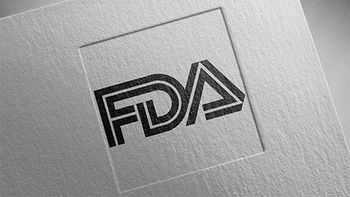
Trump administration caves on reforming drug rebate system
News follows court ruling against advertising retail drug prices
A reform that truly would have reshaped drug pricing policies in the US—the safe harbor provisions that allow for rebates from manufacturers to PBMs and others in the drug supply chain—has been withdrawn, according to news reports based on White House officials (no public statement was issued on July 10, when the news service
These actions leave the Trump plan to impose international reference pricing on some drug purchases as one of the only other mechanisms that were announced over a year ago by HHS Secretary Alex Azar as the “
The Pharmaceutical Care Management Assn., the lead trade association for PBMs, issued a statement following the rebate news: “There is still a problem of affordability for consumers that must be addressed, and PBMs look forward to working with policymakers to advance solutions,” said JC Scott, PCMA CEO. “Only drug manufacturers have the power to set drug prices. We believe that the key to lowering drug costs is to enact policies that encourage greater competition.”
Numerous press reports (as well as some Wall Street activity, which saw companies whose business is heavily vested in PBMs go up, while some manufacturers went down) assert that if the spotlight is off the PBM part of the supply chain, it will revert back to manufacturers for lower pricing. The Pharmaceutical and Research Mfrs Assn. (PhRMA) issued its own statement:
“The Administration’s decision to not move forward on the proposed rule to reform the rebate system in Medicare Part D is a blow to seniors who could have paid less for their medicines at the pharmacy counter. Of all the policies proposed in Washington right now, this was the only proposal that would provide immediate savings at the pharmacy counter, instead of only saving the government or insurance companies money. It is disappointing that despite support from policymakers on both sides of the aisle and from a wide array of consumer, patient, pharmacist and provider groups that they have decided to backtrack. Our industry remains committed to fighting for patients by advancing policies that will actually lower what they pay out of pocket for their medicines.”
Give this round in the PBM-vs.-Pharma wrestling match to the PBMs.
Newsletter
Stay ahead in the life sciences industry with Pharmaceutical Commerce, the latest news, trends, and strategies in drug distribution, commercialization, and market access.




